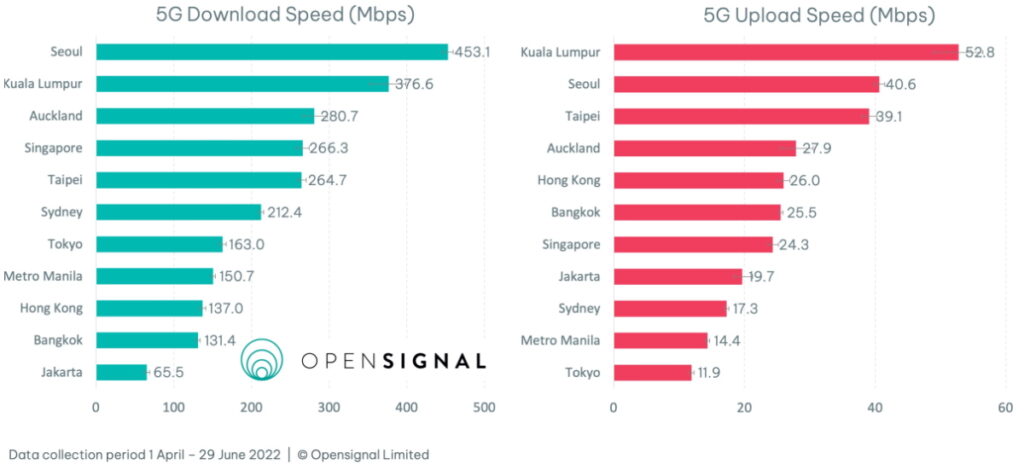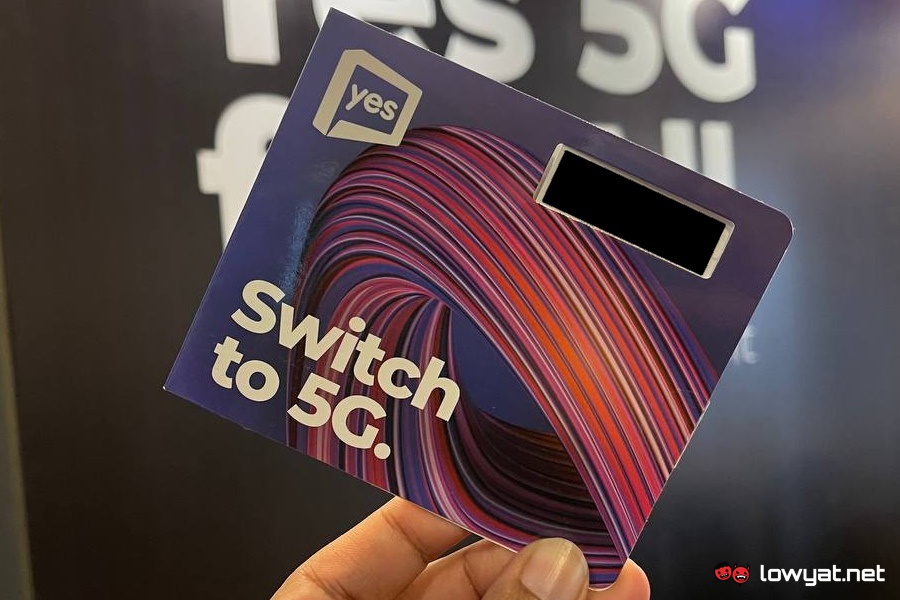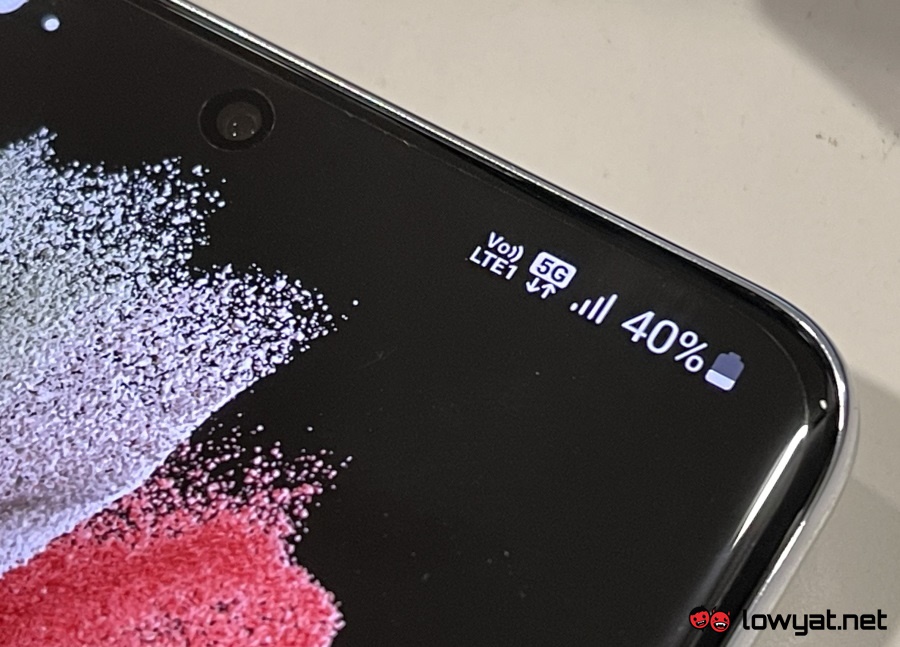In the new 5G Experience In APAC’s Biggest Cities report which is based on data that was captured from 1 April to 29 June this year, Kuala Lumpur ranked second in terms of 5G download speed at 376.6Mbps. As a comparison, Seoul is just 76.5Mbps ahead of Kuala Lumpur while our capital city is up to 311.1Mbps faster than other Southeast Asian cities on the list including Singapore, Metro Manila, Bangkok, and Jakarta. [Image: Opensignal] When it comes to 5G upload speed, Kuala Lumpur leads the chart at 52.8Mbps which is 12.2Mbps faster than Seoul. Opensignal also noted that Kuala Lumpur’s 5G average download speed is around 19 times higher than 4G. Despite having the speed advantage, our capital was ranked last when it came to 5G video experience though and fourth for 5G games experience. Furthermore, users in Kuala Lumpur were able to connect to 5G only 10% of the time while the city is also ranked second last in the 5G Reach rating. Things may look alright on the surface especially when it comes to raw speed but once again, we have to remind you that 5G in Malaysia has not yet reached the mass market. Not only that the 5G coverage area is still quite small, you certainly need more than one minor telco to offer 5G service to the market to achieve that level although much respect to YTL Communications for making the early jump to 5G. Whether you like it or not, the Big 4 telcos – Celcom, Digi, Maxis, and U Mobile – have yet to get on board the 5G train for that to happen. In addition to having a wider coverage area, only then can the true capability of Malaysia’s 5G network be determined. This is not to say that the work done by Opensignal is not essential though. We reckoned that the two reports the company had released so far can be used as a reference to determine whether Digital Nasional Berhad is able to maintain and improve the performance of its 5G network once mass users come in.


